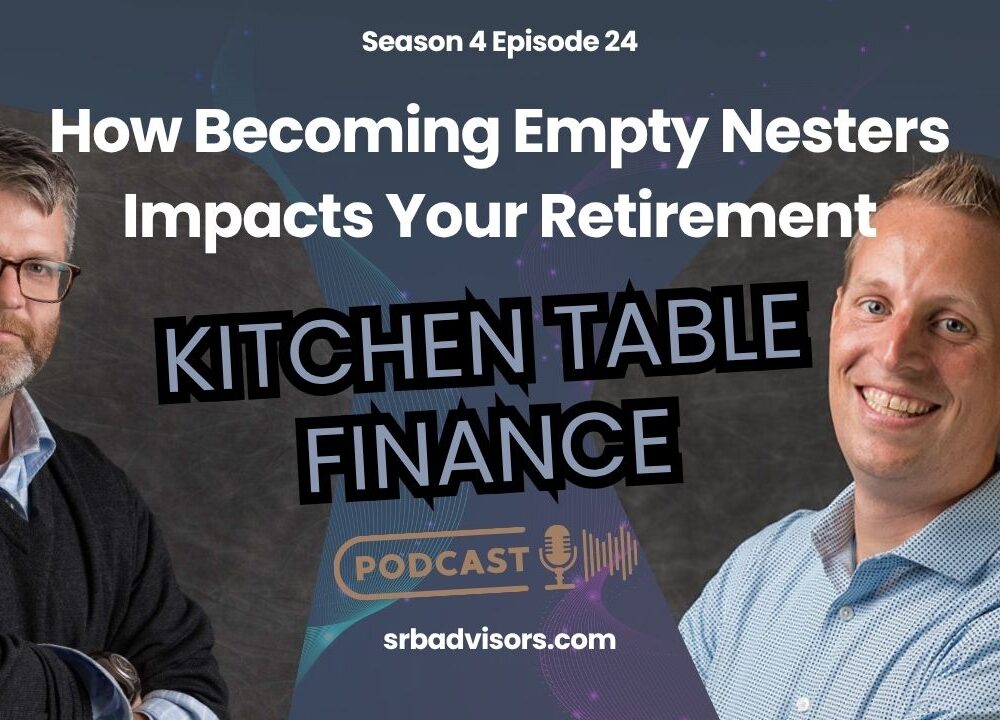Every Financial Plan is Wrong
“Every financial plan ever produced is wrong” – Joe Duran, United Capital
I have to admit, as someone who creates financial plans, when I first heard one of our industry’s thought leaders make that statement in an interview I cringed a little. But, when I considered what he was saying, and the real implications of his statement, I knew he was right and that accepting this truth would make me a better financial planner.
Every financial plan ever produced is wrong because a plan is nothing more than projected outcomes based on many, many assumptions, and at least some of those assumptions will be wrong. We can account for some variability. We use sophisticated modeling techniques to analyze portfolios and project a range of outcomes rather than assuming a nice, smooth investment return. We run scenarios with different inflation averages and health care costs to see how plans may need to change.
But no matter how hard we try, we can’t account for every possible variable. Some of those will be market – driven and tied to the economy, but many of the more important variables will be tied to our client’s lives: accidents, deaths, divorces, illness, all happen. But good things like births and marriages, business growth and unexpected windfalls also happen. Life changes, often unpredictably and quickly, and when it does there are real impacts to your financial plan.
So if every financial plan is wrong, why create one at all? A well – constructed financial plan allows you to make the best decisions possible for your situation based on everything we know at the moment. When life changes, you can think through the changes and adapt from a position of understanding.
More importantly, accepting that every financial plan is wrong allows us to shift the focus from the OUTPUT of the plan, which is sometimes stale before the ink dries, to the PROCESS of financial planning. Envisioning your future and crafting a plan is financial planning’s starting point, not it’s end. Once an initial plan is put down on paper, and you’ve taken steps to put the plan in action, the plan can’t be stuck on a shelf to collect dust. Revising and updating the plan needs to be an ongoing, evolving process. Your life will change and your plan needs to change with it.
Share post:
